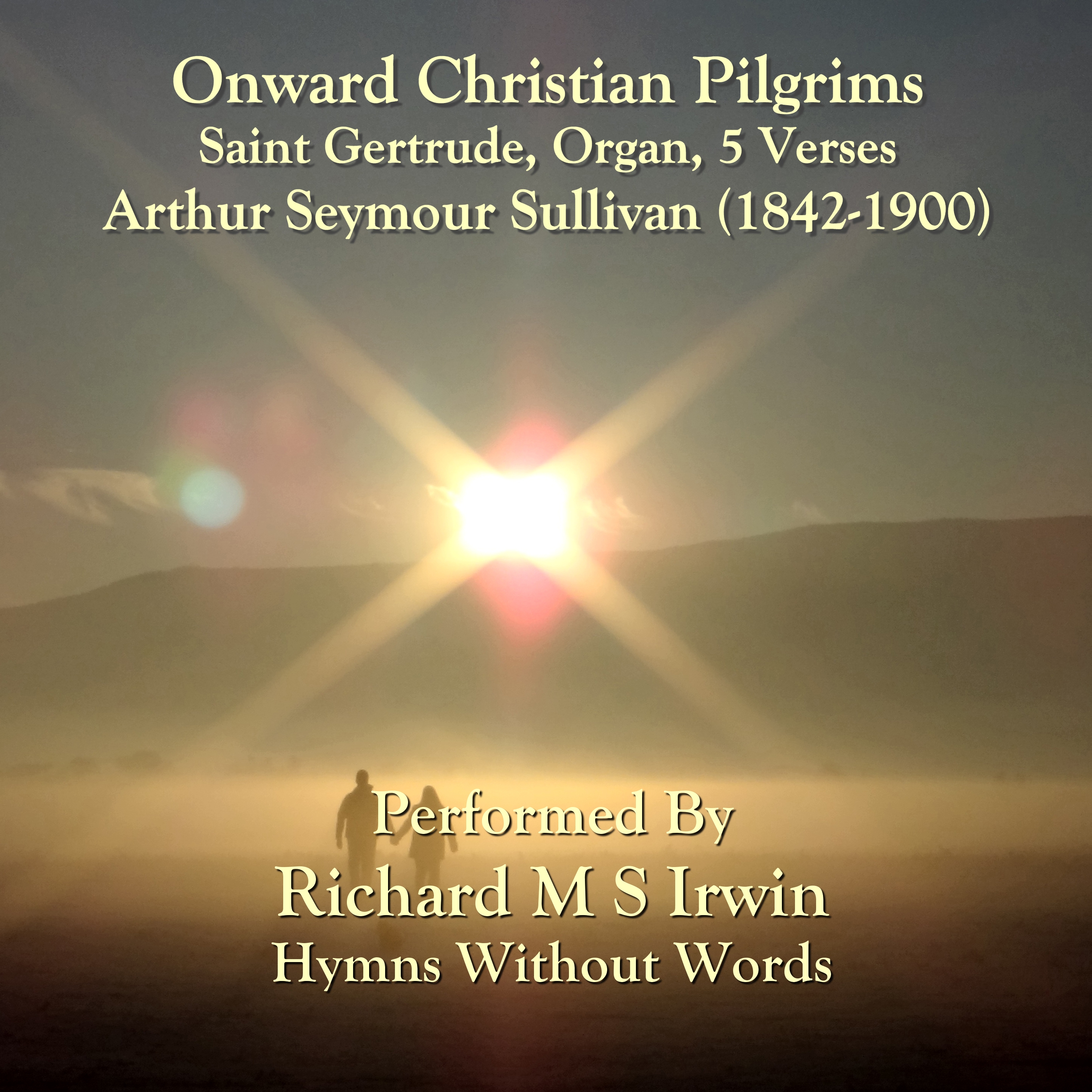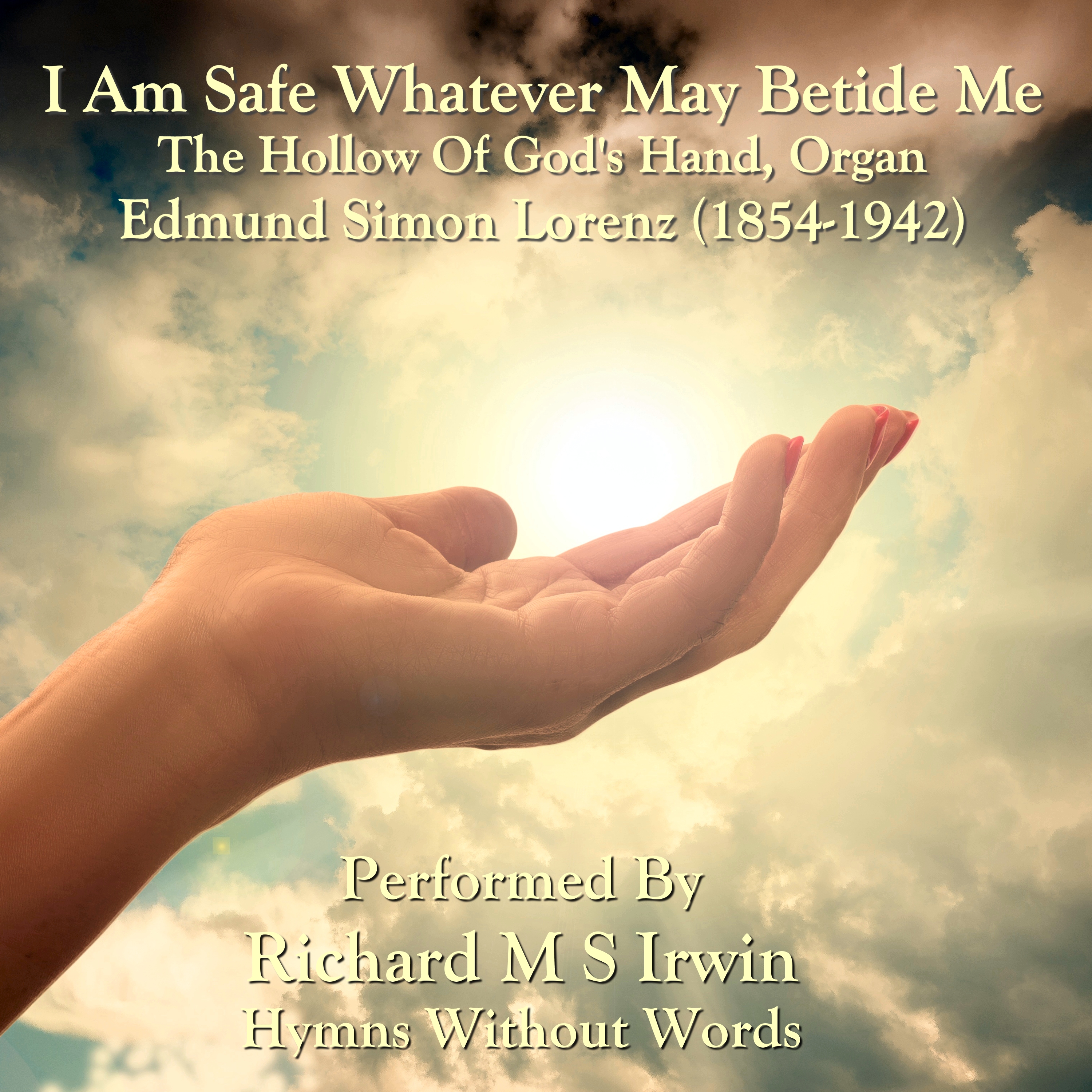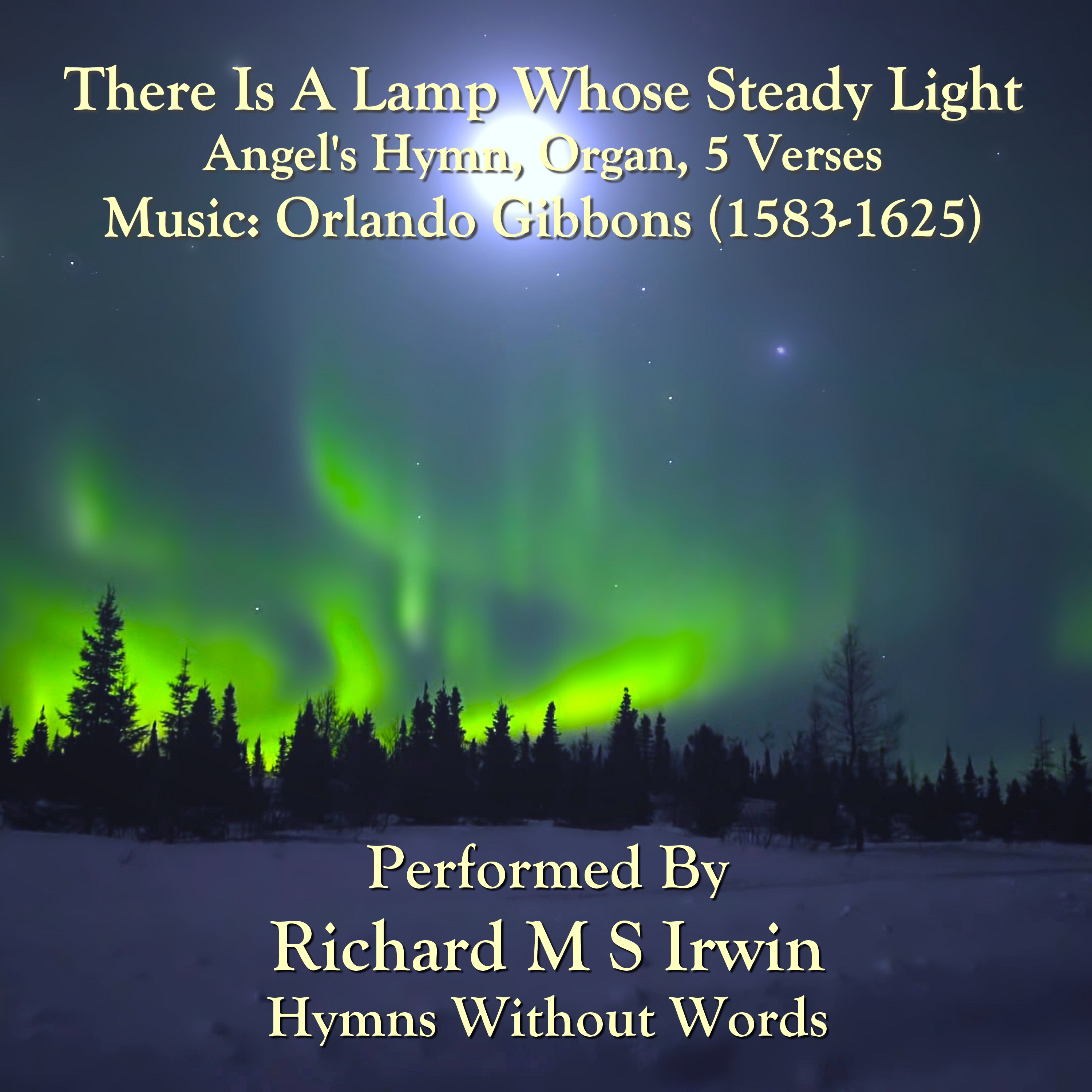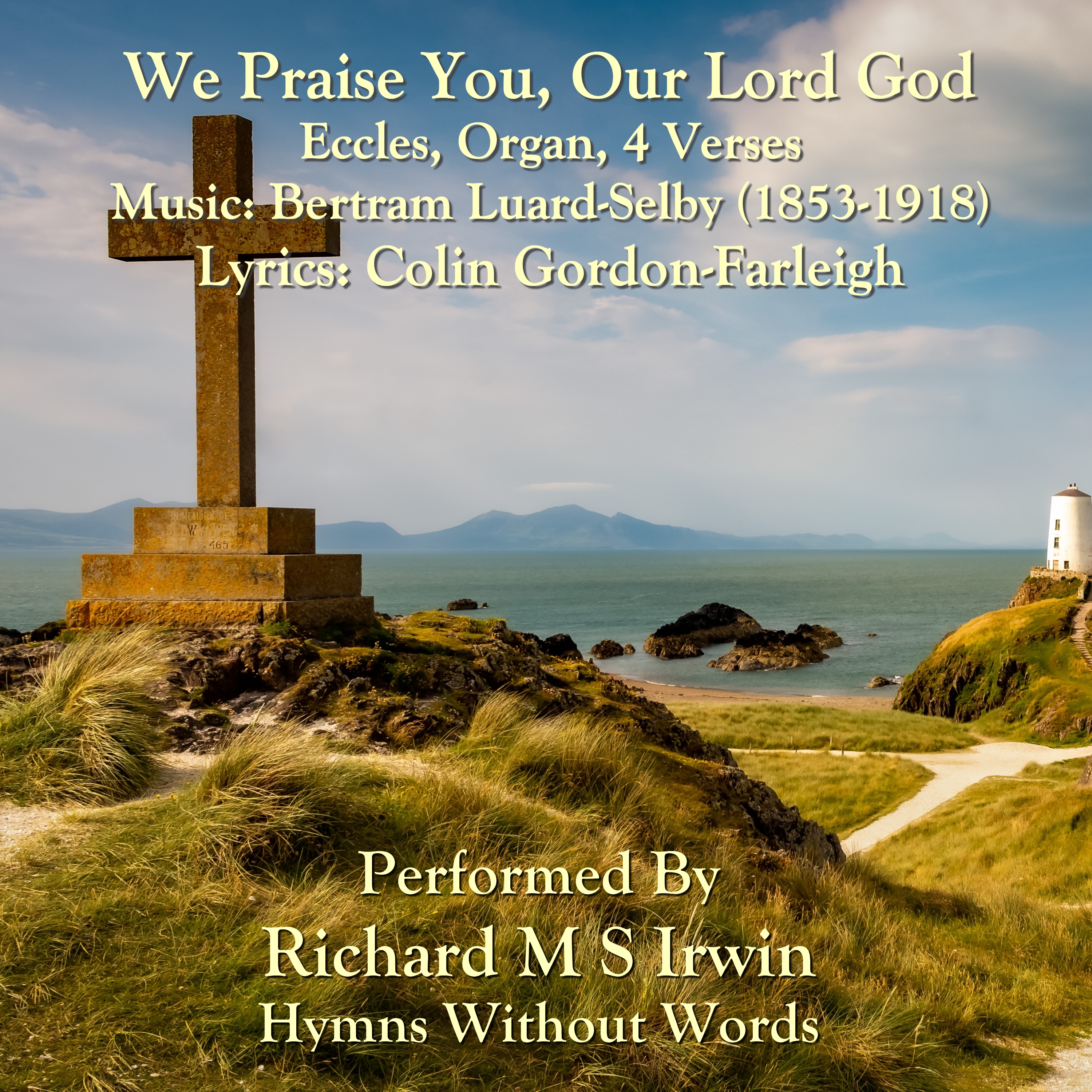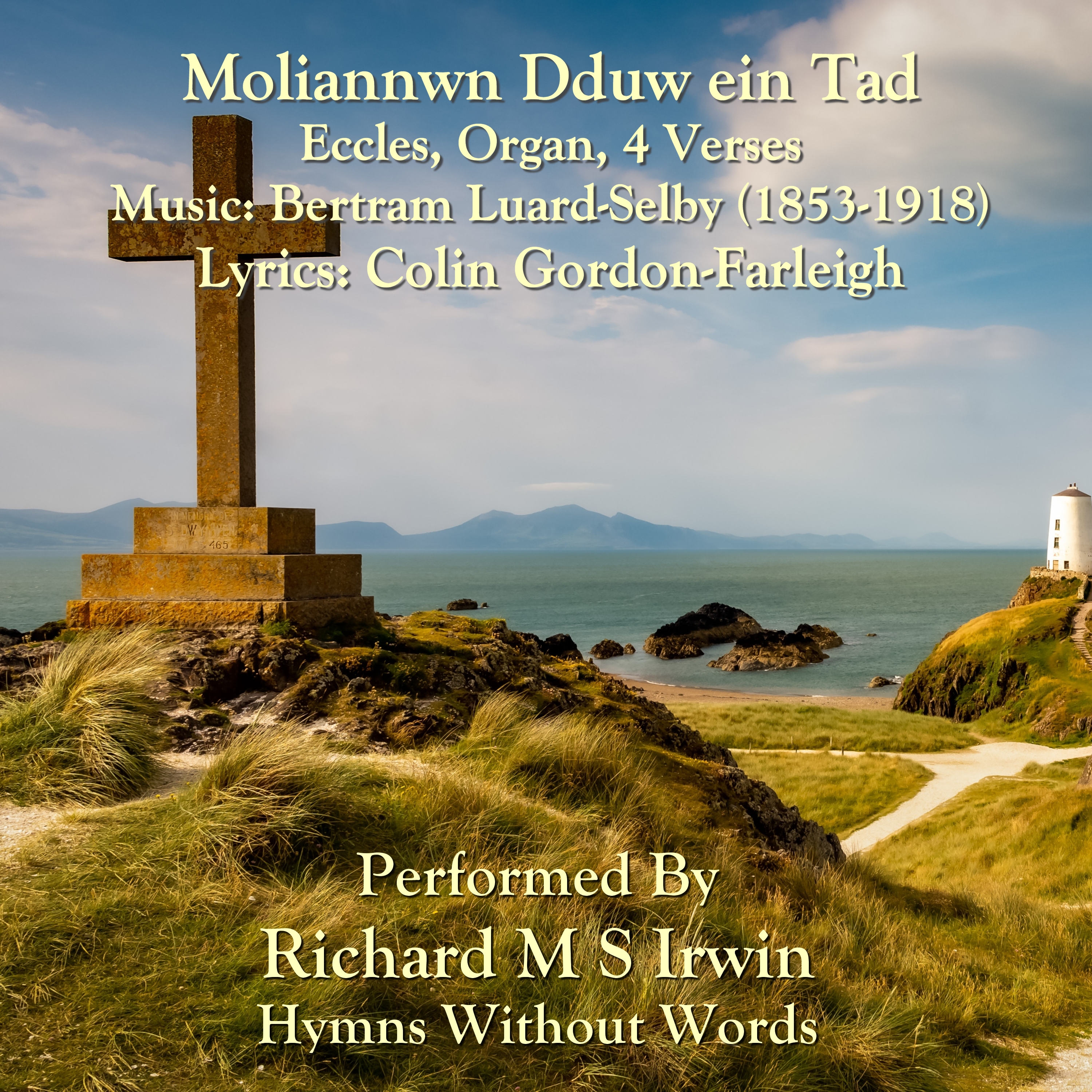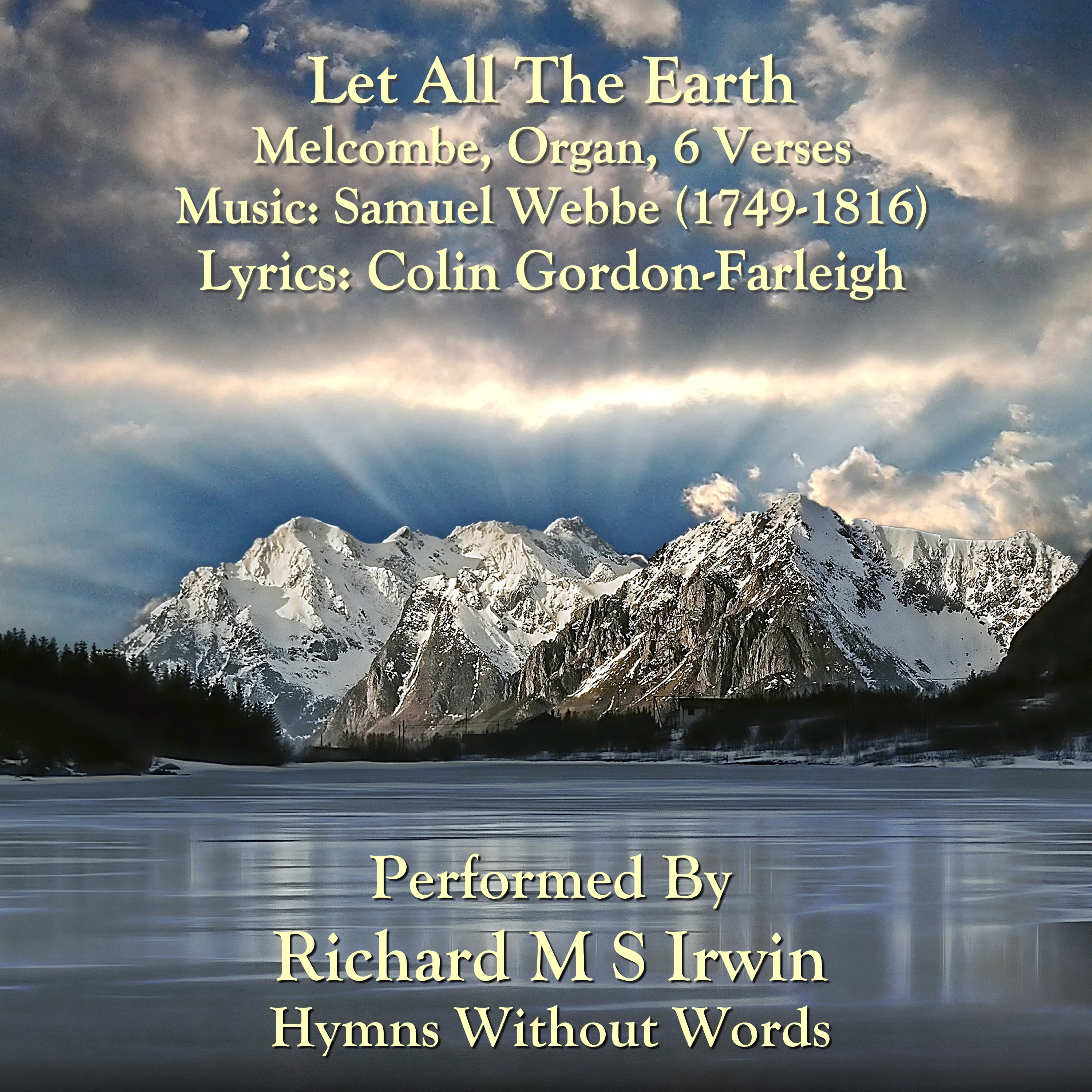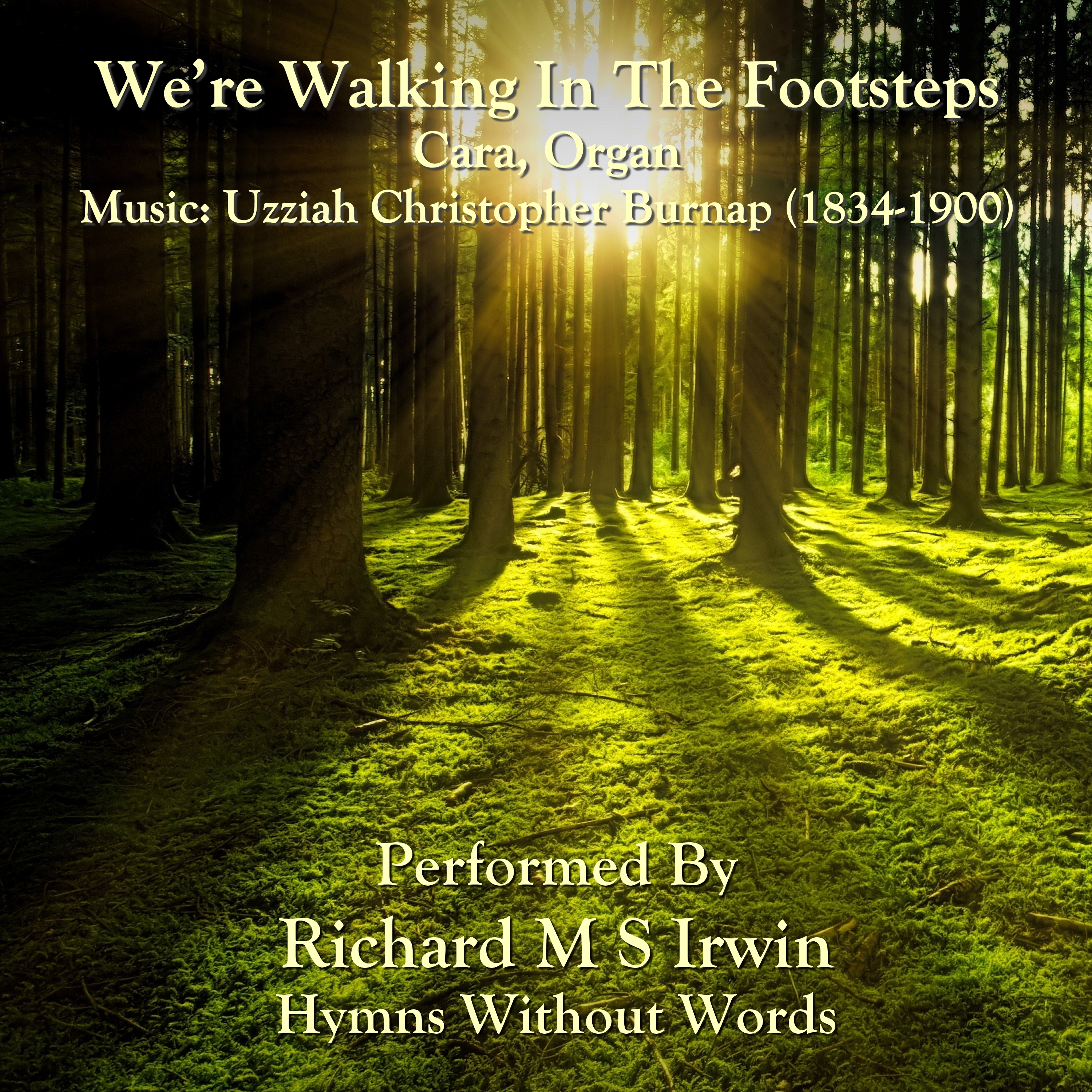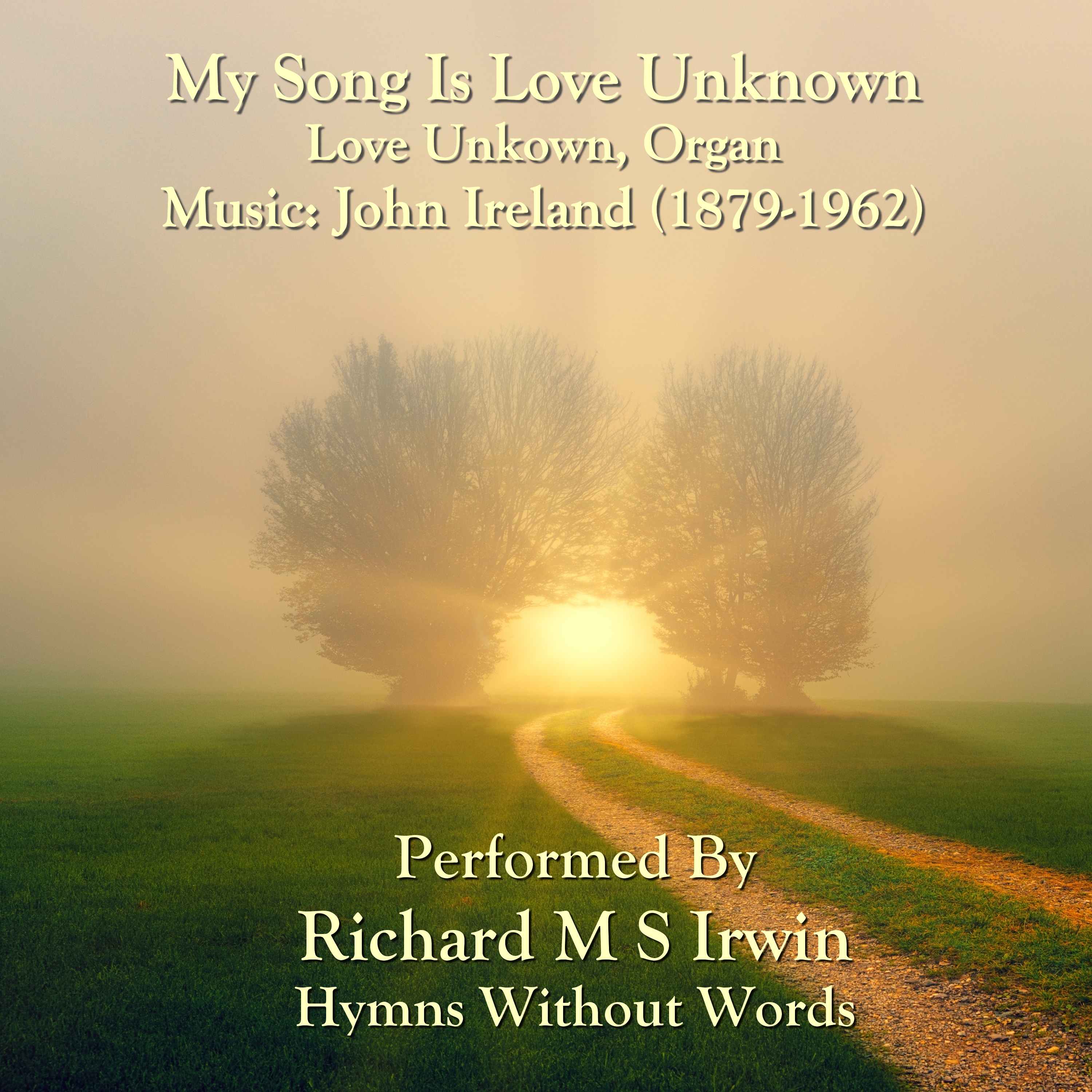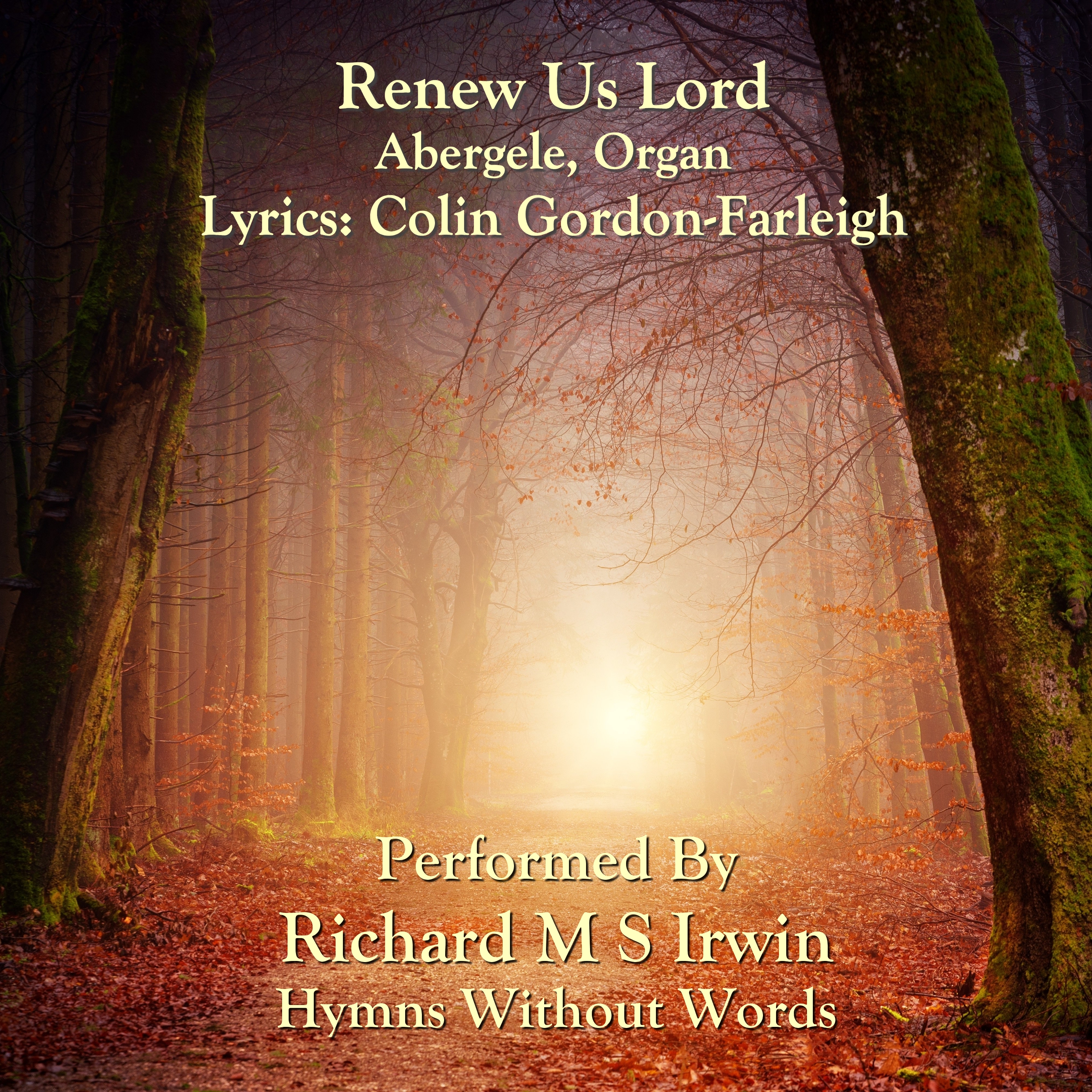Thine Arm O Lord In Days Of Old : Recording Also known as Your hand, O Lord, in days of old.
More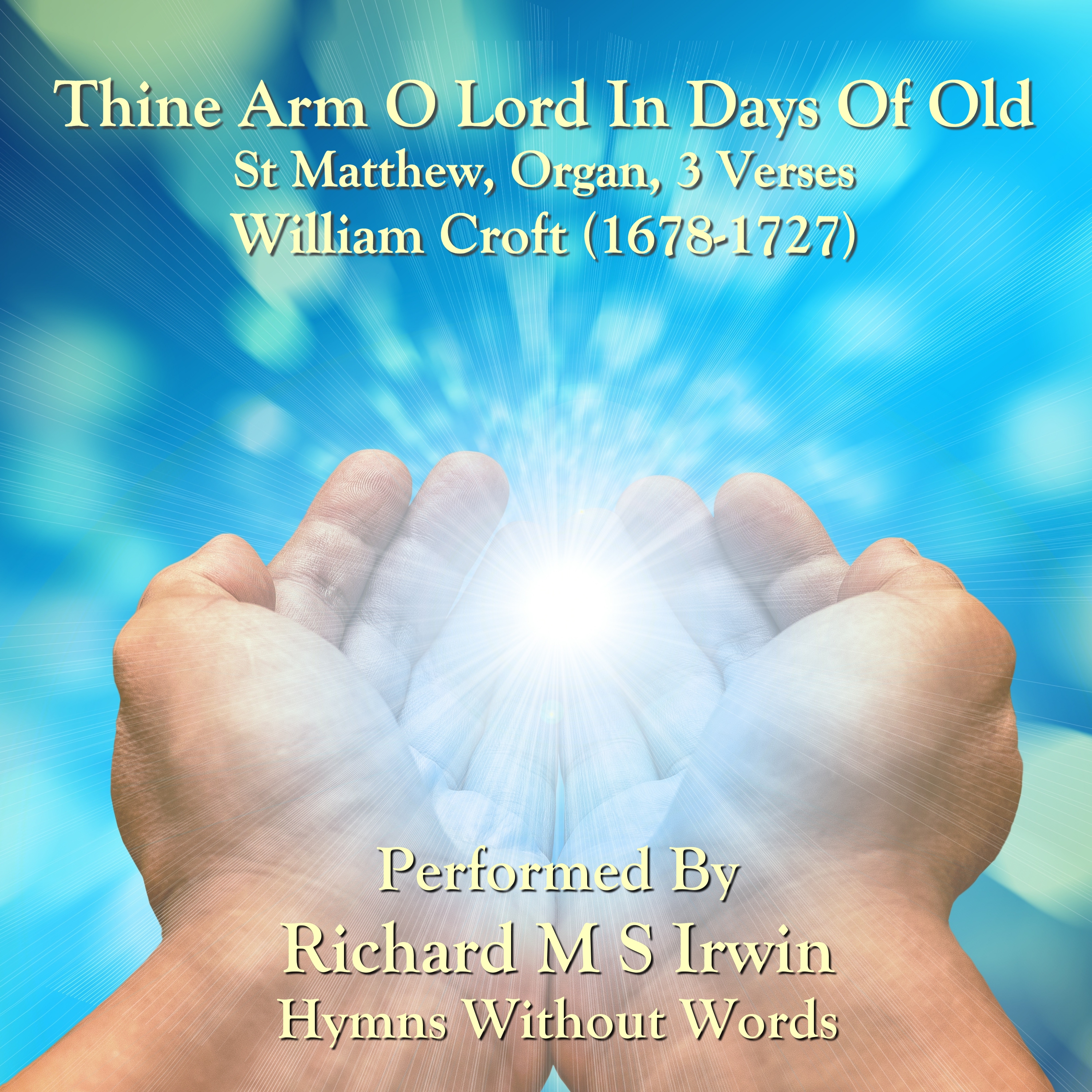
Year C Proper 17, Ordinary 22, Trinity 11 / DCM / Edward Hayes Plumptre (1821-1891) / Feast of St Luke The Evangelist / Hymn / Service of Healing / St Matthew / William Croft (1678-1727) / Year A Epiphany 3 / Year A Lent 4 / Year A Lent 5 - Passion Sunday / Year B Epiphany 4 / Year B Epiphany 5 / Year B Epiphany 6 / Year B Proper 11, Ordinary 16, Trinity 7 / Year B Proper 18, Ordinary 23, Trinity 14 / Year B Proper 25, Ordinary 30, Trinity 21, Last After Trinity / Year B Proper 8, Ordinary 13, Trinity 4 / Year C Proper 23, Ordinary 28, Trinity 17
